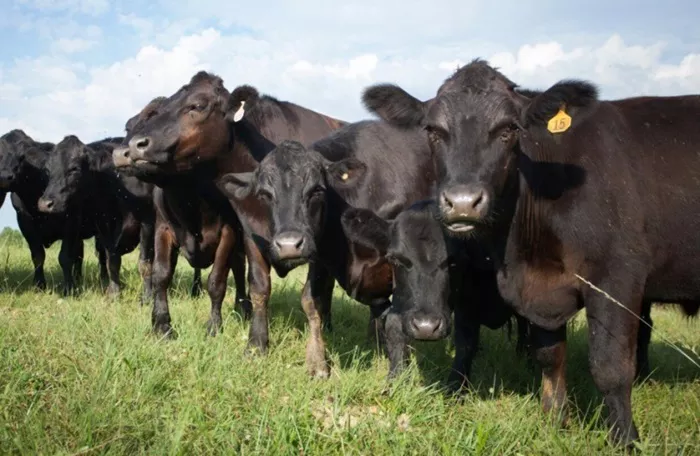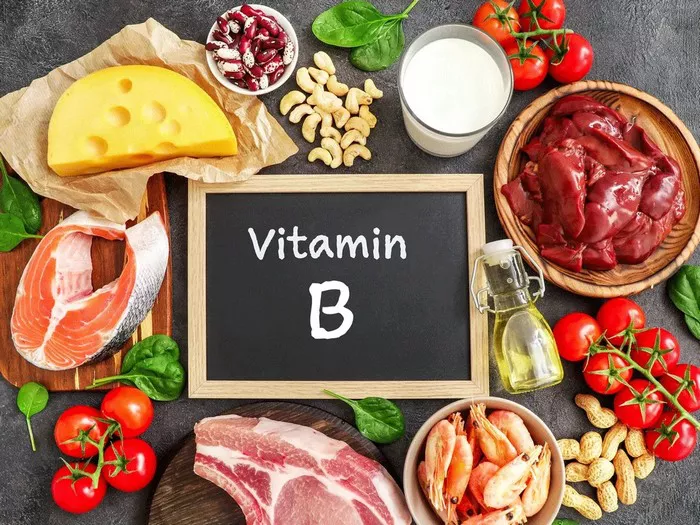The U.S. Department of Defense (DoD) has confirmed that lab-grown protein will not be included in the diet of American servicemembers. This decision comes after efforts by the National Cattlemen’s Beef Association (NCBA) to prevent ultra-processed, lab-grown protein from being used for human consumption in the military.
The NCBA, led by President and Wyoming rancher Mark Eisele, was the first and only cattle group to identify and oppose a DoD funding stream that could support lab-grown protein projects. Through weeks of engagement with Congress and public advocacy, the NCBA successfully ensured that lab-grown protein was excluded from military diets.
“We are thrilled to have DoD confirmation that lab-grown protein is not on the menu for our nation’s servicemembers,” said Eisele. “These men and women make the greatest sacrifices every day in service to our country and they deserve high-quality, nutritious, and wholesome food like real beef grown by American farmers and ranchers.”
The NCBA collaborated with agricultural allies in Congress to introduce amendments to several key pieces of legislation, including the Fiscal Year 2025 Defense Appropriations bill, National Defense Authorization Act, and Fiscal Year 2025 Agriculture Appropriations bill. These amendments aim to prevent lab-grown protein from being included in the diets of American servicemembers.
The NCBA expressed appreciation for the leadership of several members of Congress, including Rep. Don Bacon (R-NE), Rep. Zach Nunn (R-IA), Rep. Warren Davidson (R-OH), Rep. Mary Miller (R-IL), Sen. Roger Marshall (R-KS), Sen. Cynthia Lummis (R-WY), and Sen. Deb Fischer (R-NE), who supported the effort to protect farmers, ranchers, and the military.
NCBA Senior Director of Government Affairs Sigrid Johannes highlighted the importance of providing wholesome, unprocessed food to servicemembers, while acknowledging the DoD’s role in advancing defense technologies.
“The Department of Defense can and should be on the cutting edge of science, and we respect their work to investigate defense applications for new tools and technology,” said Johannes. “However, there’s a big difference between industrial or defense applications and the food we put in our bodies. U.S. farmers and ranchers are more than capable of meeting the military’s need for high-quality protein.”
The NCBA also issued statements and engaged with national media to draw attention to the DoD grants, ensuring the concerns of cattle producers were heard. The collaborative effort resulted in a clear directive that real beef and other wholesome, unprocessed foods will remain the primary sources of protein for U.S. military personnel.
[inline_related_posts title=”You Might Be Interested In” title_align=”left” style=”list” number=”6″ align=”none” ids=”11104,11101,11098″ by=”categories” orderby=”rand” order=”DESC” hide_thumb=”no” thumb_right=”no” views=”no” date=”yes” grid_columns=”2″ post_type=”” tax=””]

































